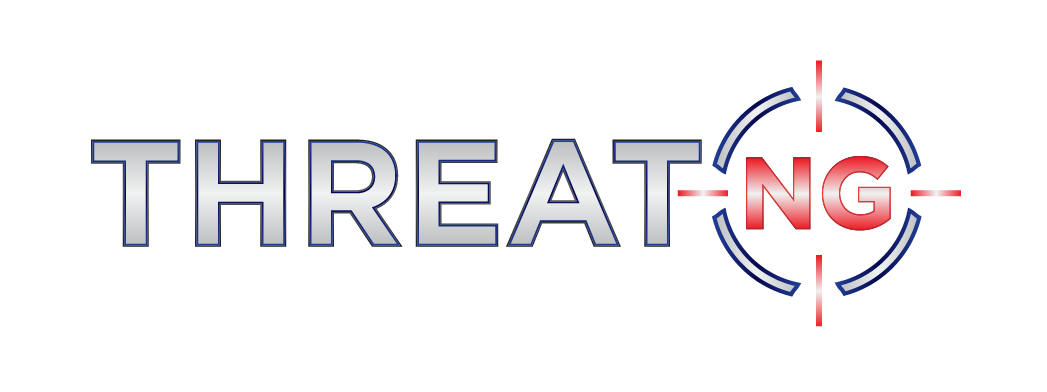Consumer Protection ESG Violation
A "Consumer Protection ESG Violation" refers to actions or incidents where a company fails to uphold standards related to consumer protection within the context of Environmental, Social, and Governance (ESG) criteria. These violations involve practices or behaviors that harm consumers, either directly or indirectly, and may include breaches of trust, privacy infringements, deceptive marketing, or product safety issues.
In the context of security and cybersecurity, Consumer Protection ESG Violations can manifest in several ways:
Data Privacy Breaches: Companies may violate consumer protection standards by failing to protect their customers' data adequately. This could involve data breaches, unauthorized access to sensitive information, or improper customer data handling, which can lead to privacy violations and identity theft.
Misleading or Deceptive Practices: Companies may engage in misleading or deceptive marketing practices that misrepresent their products or services, leading to consumer harm. For example, a company might falsely claim its products' security features or conceal information about potential risks, deceiving consumers and compromising their trust.
Product Safety Issues: Consumer protection ESG violations can also involve product safety issues, such as manufacturing defects, inadequate quality control, or failure to warn consumers about potential risks. These violations may result in physical harm or financial losses for consumers and damage the company's reputation.
Unfair Business Practices: Companies may engage in unfair business practices that exploit consumers or undermine their rights. It could include price gouging, predatory lending, or anti-competitive behavior restricting consumer choice and harming market competition.
The relevance of Consumer Protection ESG Violations to security and cybersecurity lies in their potential to create significant risks and vulnerabilities for both consumers and organizations:
- Reputational Damage: Consumer protection ESG violations can damage a company's reputation and erode consumer trust, leading to loss of customers, negative publicity, and long-term damage to brand value.
- Legal and Regulatory Risks: Companies that violate consumer protection standards may face legal and regulatory consequences, including fines, lawsuits, and regulatory sanctions. Non-compliance with data protection laws, consumer protection regulations, or industry standards can result in costly legal battles and damage shareholder value.
- Cybersecurity Risks: Consumer protection ESG violations often intersect with cybersecurity risks concerning data privacy and security. Data breaches resulting from inadequate consumer data protection practices can expose companies to legal liabilities, financial losses, and reputational damage.
Consumer Protection ESG Violations pose significant risks to organizations, including reputational damage, legal and regulatory consequences, and cybersecurity vulnerabilities. Addressing these violations requires a comprehensive approach to security and compliance, encompassing consumer protection principles within cybersecurity strategies and risk management frameworks.
An integrated solution like ThreatNG, incorporating External Attack Surface Management (EASM), Digital Risk Protection (DRP), and Security Ratings, with capabilities to measure Environmental, Social, and Governance (ESG) Exposure, offers a comprehensive approach to addressing Consumer Protection ESG Violations. Here's how it works and its synergy with other security and Governance, Risk, and Compliance (GRC) solutions:
ESG Exposure Measurement: ThreatNG's ability to measure ESG Exposure allows organizations to assess their performance against ESG criteria, including factors relevant to consumer protection such as data privacy, product safety, and fair business practices. By quantifying these factors, organizations can identify areas of weakness and prioritize remediation efforts to mitigate Consumer Protection ESG Violations.
Searchable ESG Violations Intelligence Repository: ThreatNG provides a searchable repository of ESG violations intelligence, enabling organizations to access historical data on Consumer Protection ESG Violations. This repository allows organizations to identify behavior patterns that may indicate potential violations and take preventive measures to avoid similar issues.
Sentiment and Financials Investigation Module: ThreatNG's investigation module analyzes sentiment, financial data, and public chatter to uncover Consumer Protection ESG Violations, aliases, funding information, filings, chatter, layoff chatter, negative news, and lawsuits related to companies. By leveraging this module, organizations can identify instances where companies may engage in practices that harm consumers, such as data breaches, misleading marketing, or product safety issues.
Complementary to Other Security and GRC Solutions:
- Integration with GRC Solutions: ThreatNG integrates seamlessly with existing GRC solutions to provide a more comprehensive view of Consumer Protection ESG Violations. By combining ThreatNG's capabilities with GRC platforms, organizations can align their cybersecurity practices with broader consumer protection goals and regulatory requirements.
- Collaboration with Threat Intelligence Platforms: ThreatNG complements threat intelligence platforms by providing additional insights into Consumer Protection ESG Violations. For example, integrating ThreatNG with a threat intelligence platform allows organizations to correlate cybersecurity threats with potential consumer protection risks, such as data breaches that compromise customer privacy.
- Incident Response and Mitigation: Organizations can improve their efforts in mitigating and responding to incidents with Consumer Protection ESG violations by leveraging ThreatNG's capabilities. They can also take proactive measures to solve these problems and prevent them from happening by promptly identifying customer damage.
- Risk Assessment and Reporting: ThreatNG's ESG Exposure measurement and intelligence capabilities contribute to more robust risk assessment and reporting processes related to Consumer Protection ESG Violations. By incorporating consumer protection factors into risk assessments, organizations can give stakeholders a holistic view of cybersecurity risks and their impact on consumer trust and safety.
ThreatNG's comprehensive approach to cybersecurity, combined with its focus on measuring ESG Exposure and identifying Consumer Protection ESG Violations, helps organizations address and mitigate risks associated with unethical or non-compliant practices that harm consumers. By integrating with other security and GRC solutions, ThreatNG enhances the effectiveness of cybersecurity measures while ensuring alignment with broader consumer protection goals and regulatory requirements.

